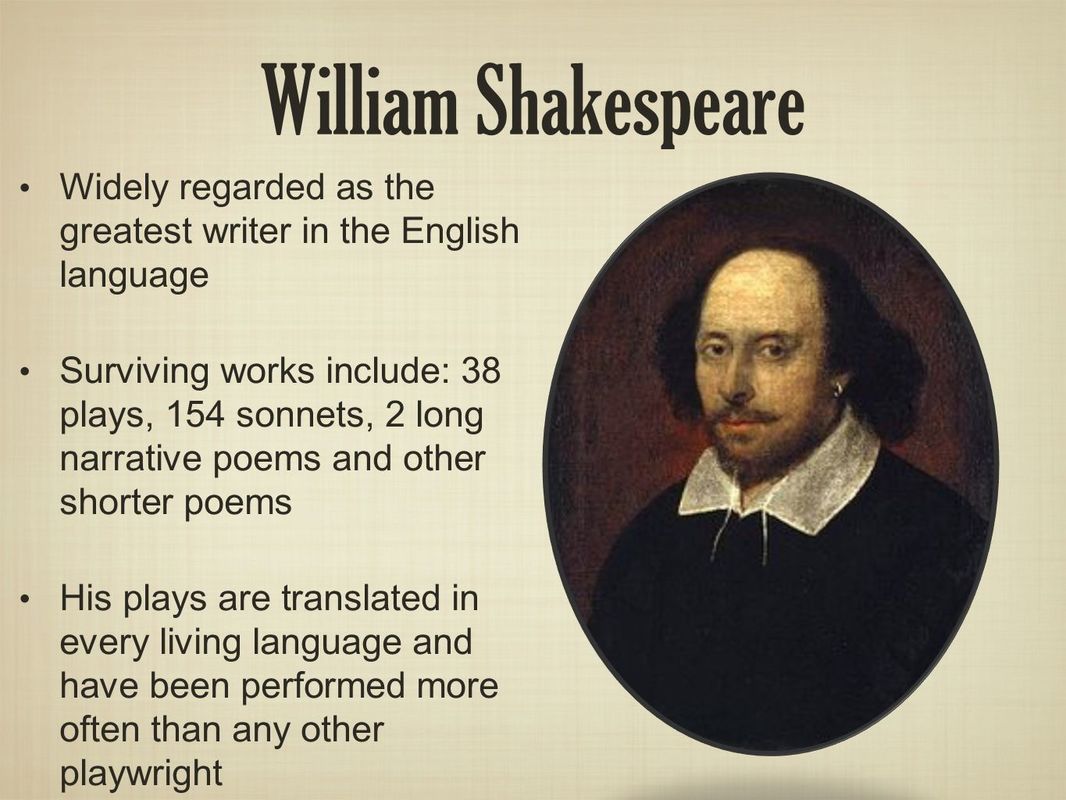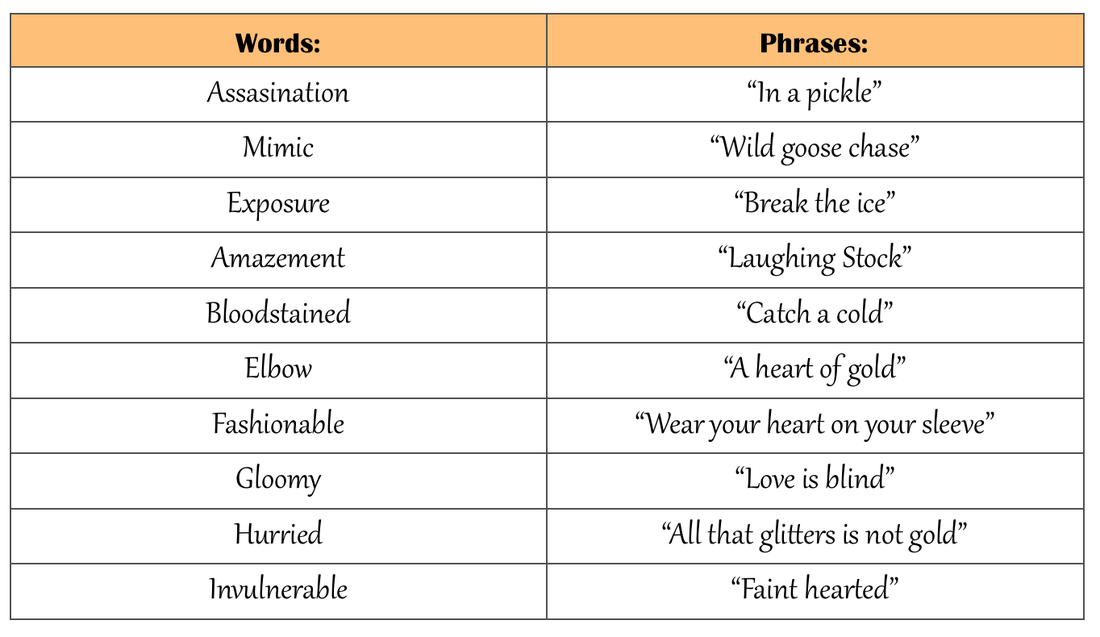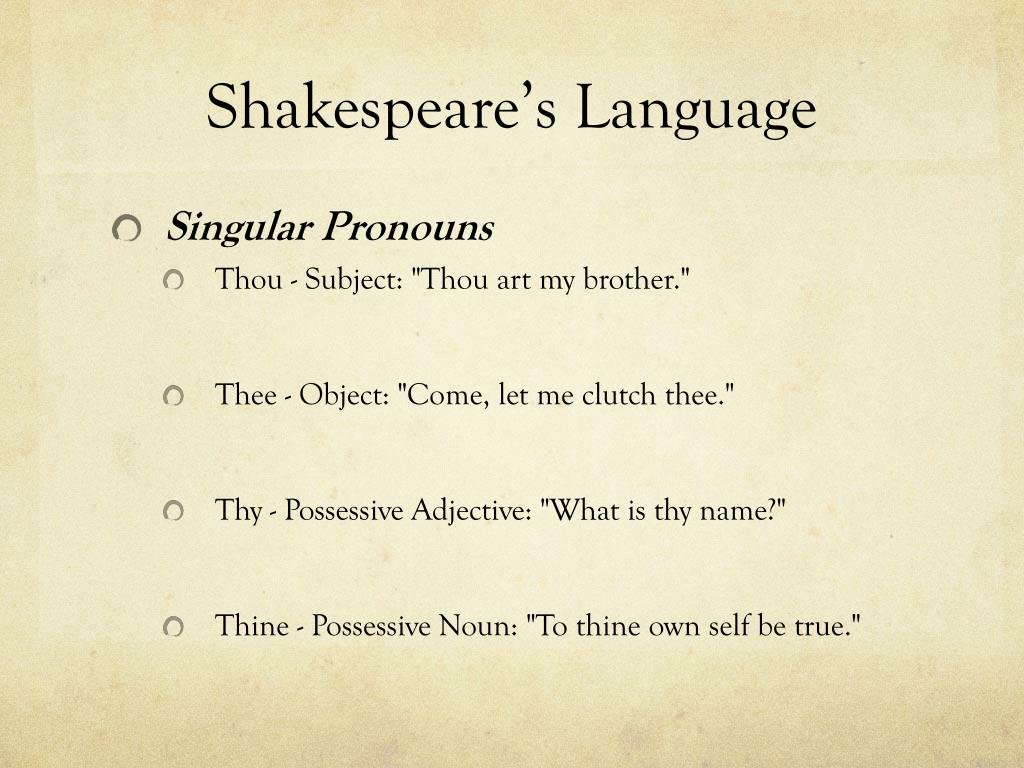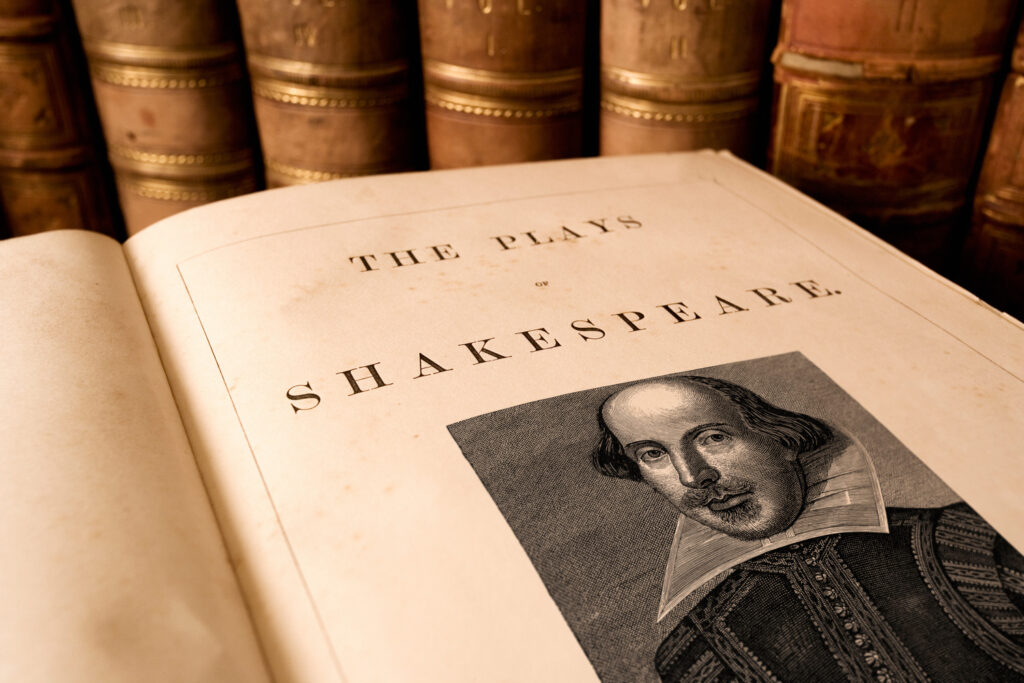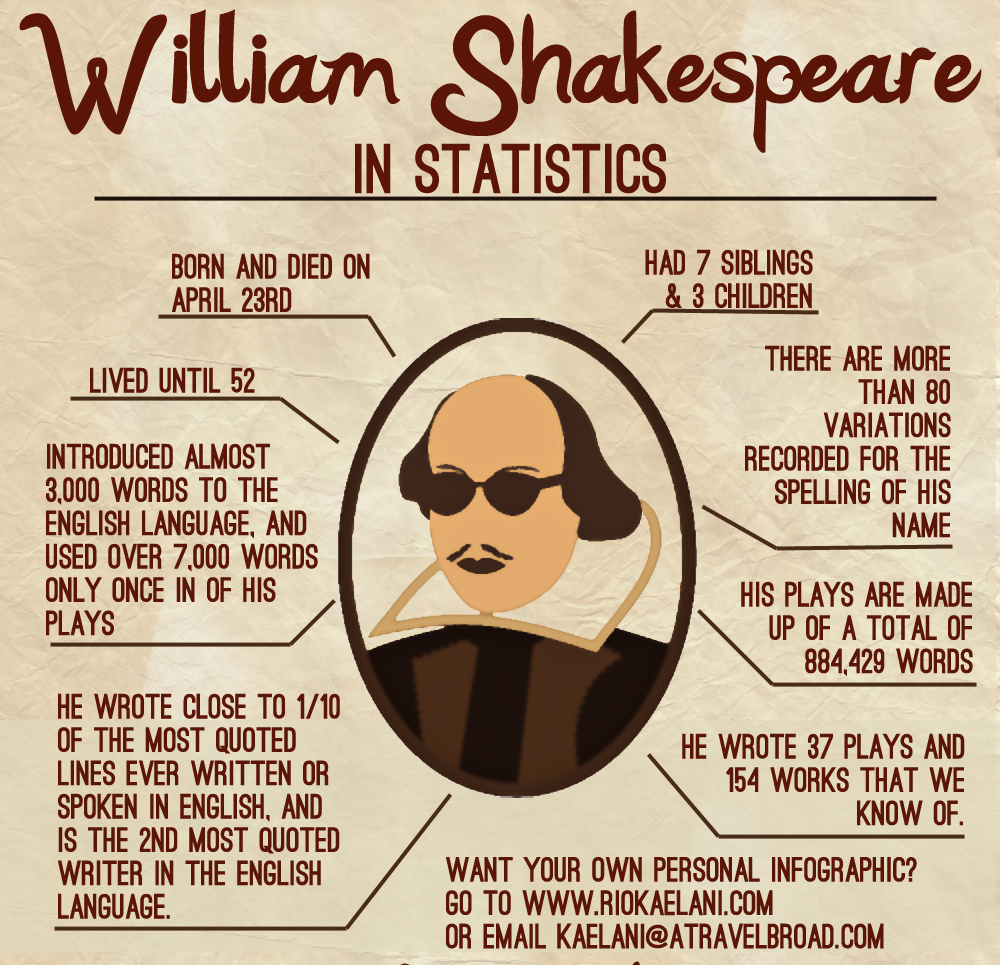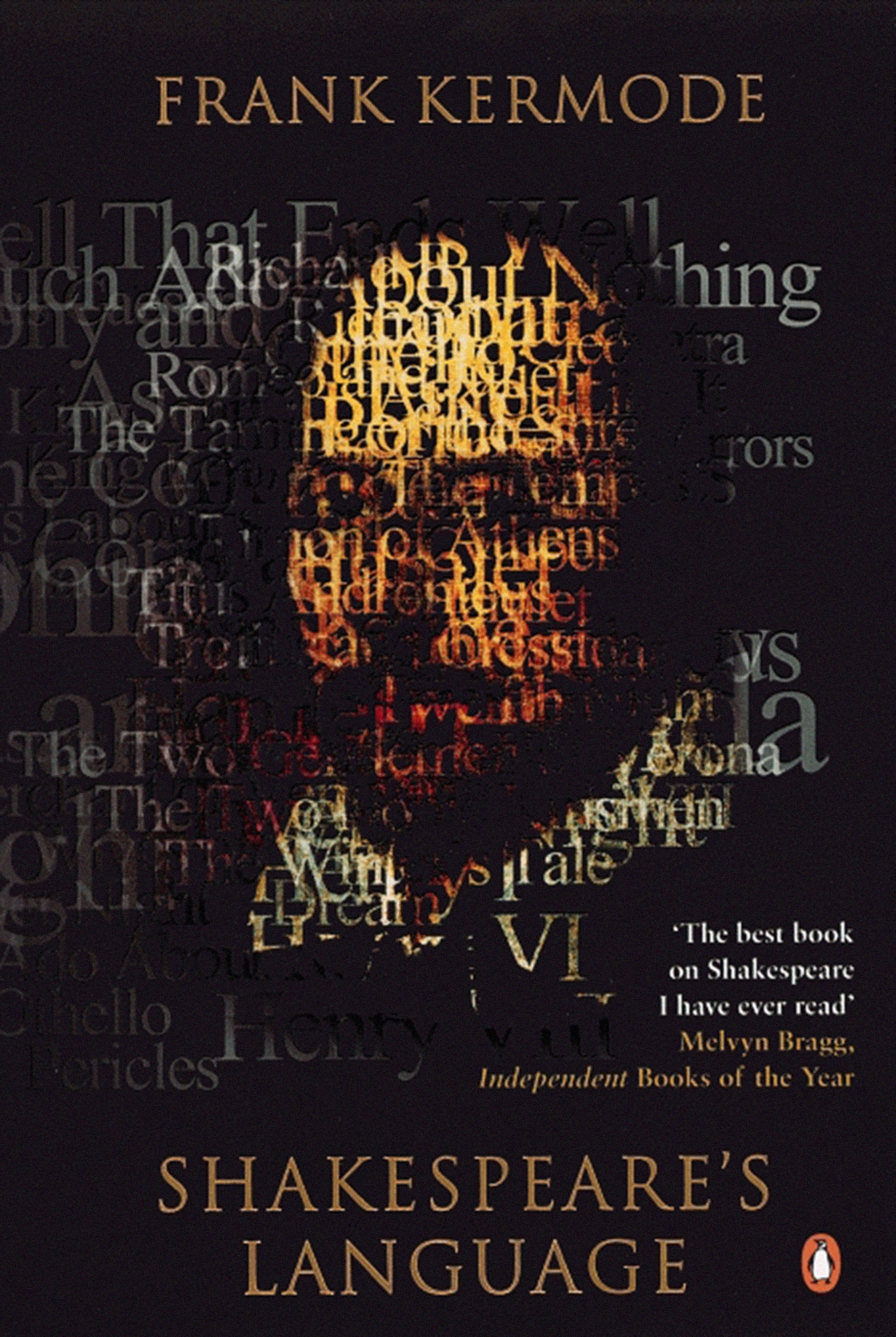Spectacular Tips About How To Write Shakespeare Language

His plays were written to be performed, not silently read.
How to write shakespeare language. In 1835, miners from cornwall came to work in the island's tin mines and english began to spread. William shakespeare's first plays were written in the conventional style of the day. After world war one, the church and school adopted english.
A character who speaks in verse is a noble or a member of the upper class. Shakespeare is probably the most famous of all englishmen. Shakespeare quite frequently wrote sentences in inverted, or backwards, order:
Shakespeare may have been a genius, but one thing's for sure: 1.) read out loud. If you are able to choose your own play, pick something easy and.
He wasn't speaking our language. He wrote them in a stylised language that does not always spring naturally from the needs of the characters or the drama. Selecting your text and preparing yourself.
It's understandable why people sometimes get a little overwhelmed when reading shakespeare. All aspects of language have been affected, as the examples of spelling, punctuation, vocabulary, grammar and pronunciation illustrate. If you do choose to write about real events, don’t feel the.
For example, the grand spe… Search by keyword to find the right resource: Not quite what you were looking for?
These analyses are designed to help. He created words by changing. Write about real historical events and characters, or even borrow plots from your favourite books.
Break off thy song, and haste thee quick away. Look for repetition, antithesis, alliteration, similes, and metaphors,” he told backstage.
They include tips for acting. How to put on a shakespeare play. Some of his most famous plays include romeo and juliet, macbeth and the tempest.
Of his roughly 17,000 words used across his works, as many as 1,700 were devised by himself. The poetry depends on extended, elaborate metaphors and conceits, and the language is often rhetorical—written for actors to declaim rather than speak. He not only coined entirely new words, but also adapted existing.
